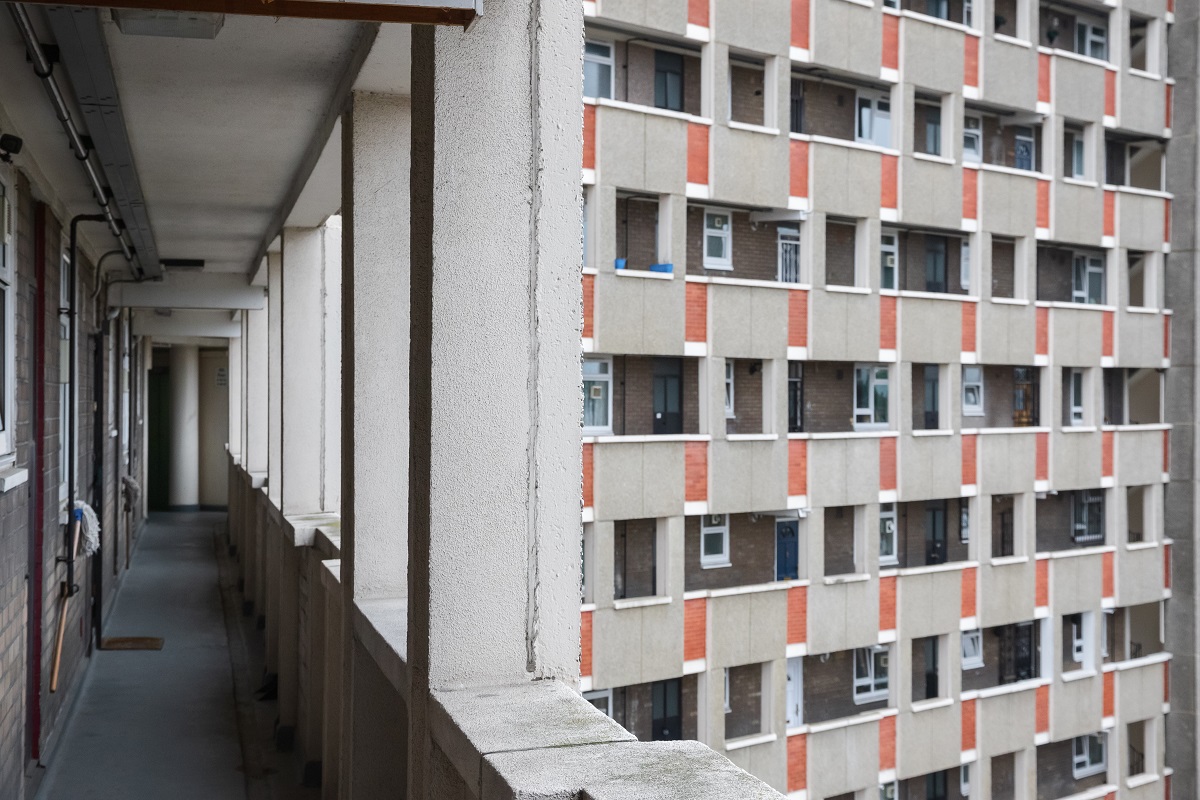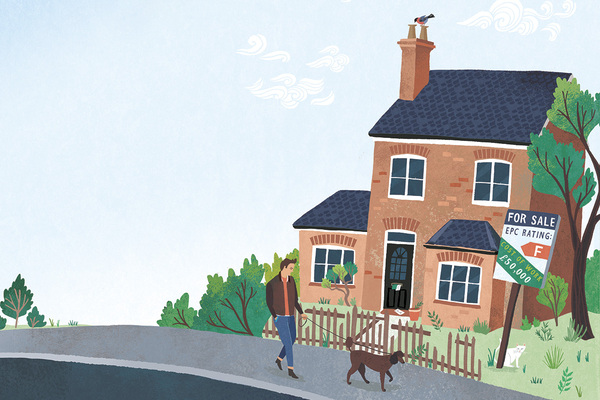You are viewing 1 of your 1 free articles
More than one in six social homes ‘uneconomical’ to upgrade to net zero, research finds
More than one in six social homes could be “uneconomical” to upgrade, a major survey of the sector has found, with a third of landlords willing to consider selling off such stock.
In its annual Housing Sector Survey published to coincide with the Housing 2021 conference kicking off in Manchester today, consultancy Savills identified a significant shift towards investment in existing homes.
A poll of 138 social housing providers found that 30% expect the need to increase spending in current stock to affect their development programmes.
Stock investment, driven by the building safety and zero-carbon agendas, was cited as a top priority by 85% more respondents than in the 2020 survey.
Those which have crunched the numbers expect an average cost of £20,600 per home to get their housing stocks to net zero, the research found.
But 37% of providers – including 25% of those with more than 5,000 homes – have not yet factored these huge costs into their business plans.
Just under half (49%) said financial capacity is the biggest constraint on achieving net zero, with 75% either considering refinancing or already doing it to help find the additional cashflow and 50% looking into stock rationalisation.
Savills said the landlords surveyed estimate that around 17% of their housing stocks may be uneconomical to upgrade, with 34% open to selling off these homes.
Overall, 61% of respondents said they plan to hit net zero carbon for their homes between 2031 and 2050.
On building safety, 82% reported having commenced work on between 75% and 90% of their homes that need remediation.
With the advent of First Homes – a new discounted homeownership product expected to reduce the number of other affordable homes delivered through planning agreements – 55% of providers expect to carry out more land-led development.
Helen Collins, head of the affordable housing consultancy team at Savills, said she expected land-led development to be “a key feature of the next five years”.
The survey found that 23% of landlords are open to or already actively considering selling stock to for-profit social housing providers – though a much bigger proportion (38%) would not out of principle.
More respondents were interested in entering development joint ventures with for-profits or agreements to manage their stock.
Besides stock investment, tenant support and community engagement were identified as the sector’s leading priorities this year.
Ms Collins added: “The five years we have been running the Savills Housing Sector Survey have documented an incredible degree of change in the social housing sector.
“When we launched the survey in 2017, the headlines were dominated by rent cuts, the Grenfell Tower tragedy, development cross-subsidy and Brexit.
“For-profit providers had yet to emerge in a meaningful way, and decarbonisation of the economy was not government policy.
“Now, in response to new building safety legislation, the COVID-19 pandemic, net zero carbon by 2050 and the Social Housing White Paper, there is an increased focus on investing in existing homes and helping build more resilient communities, alongside development.”
Sign up for our asset management newsletter
Already have an account? Click here to manage your newsletters












